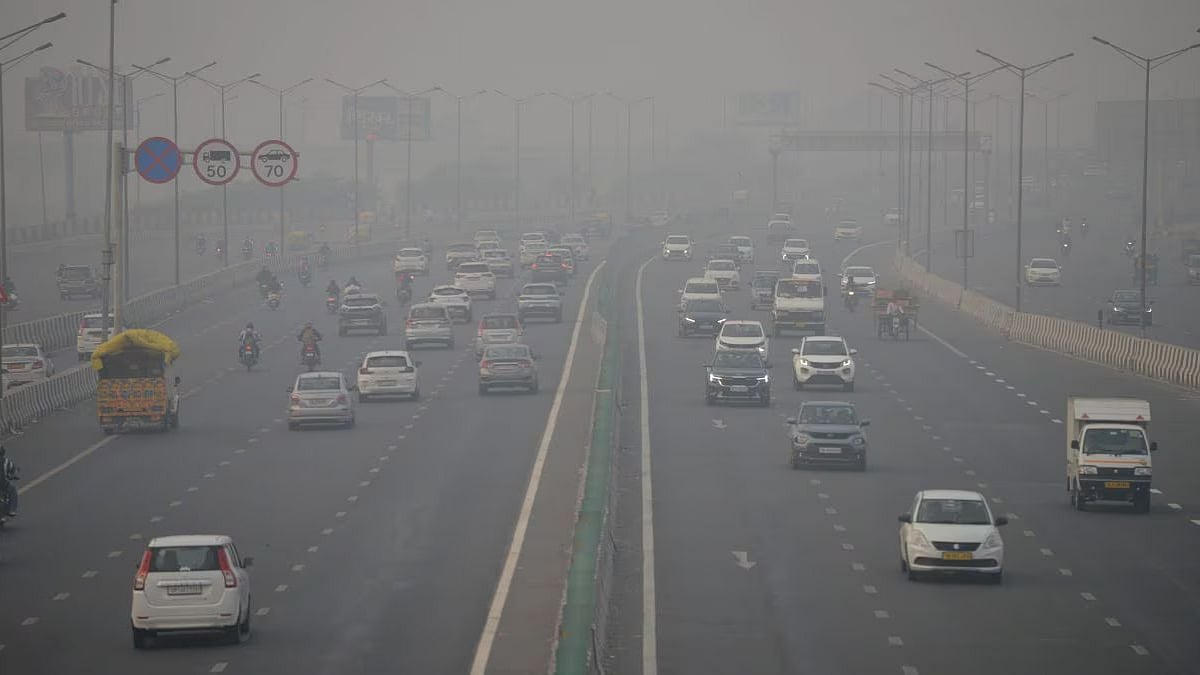In these times of yes-sir governance, when a parliamentary panel expresses shock at something, it means the matter is serious enough for the country to take note of. This week, the standing committee on science and technology, environment, forests and climate change said it was shocked, in a report tabled in the Parliament, that less than one per cent of the Rs 858 crore allocated as the Control of Pollution Fund for 2024-25 had been utilised. The committee noted that “at a time when the ministry is required to address the grave and critical challenge of deteriorating air quality, it has not been able to decide the continuation of the concerned scheme”, as a result of which the money remained unutilised even when the budget estimates for the financial year 2025-26 came up.
This is near criminal, given the spread and worsening of air pollution in cities across India, including, especially, small cities and towns which do not make it to the national headlines as much as New Delhi and Mumbai do. The Control of Pollution Fund covered anti-pollution measures in as many as 82 of the 131 non-attainment cities identified for action in the National Clean Air Programme, the central government’s flagship effort to address the growing spectre of air pollution. The union ministry’s indecision has a cascading impact on the lives and livelihoods of millions of people in these pollution-hit cities.
The urgency and significance of rolling out both pollution mitigation and long-term clean air measures cannot be ignored any longer. It bears reminding that a staggering 295 million people live in the 131 non-attainment cities that do not conform to the international air quality standards. This year, ironically in this very month that the non-utilisation of funds report was placed in the Parliament, the internationally recognised World Air Quality Report 2024, by Swiss air quality technology company IQAir, showed that as many as 13 of the world’s 20 most polluted cities are in India, with Assam’s Brynihat topping the list, and the national capital, New Delhi, was the most polluted capital city globally for the sixth successive year. India ranked as the fifth most polluted country in the world.
The rankings only underscore the need to address air pollution on a war footing in both large metros and smaller cities across the country. Reducing fine particulate matter, especially PM 2.5, which is 1/20th of the width of human hair and easily slips into people’s lungs and bloodstream, should have been a priority. The National Clean Air Programme has pathways to address this, among other measures, including the burning of fossil fuels for transport and as cooking fuel, minimising construction dust and road dust, and addressing industrial emissions. When plans are in place but allocated funds lie unutilised, it points to an astounding level of apathy and indifference to the lives of millions, an abdication of duty. No government authority should be allowed to sleep peacefully.
